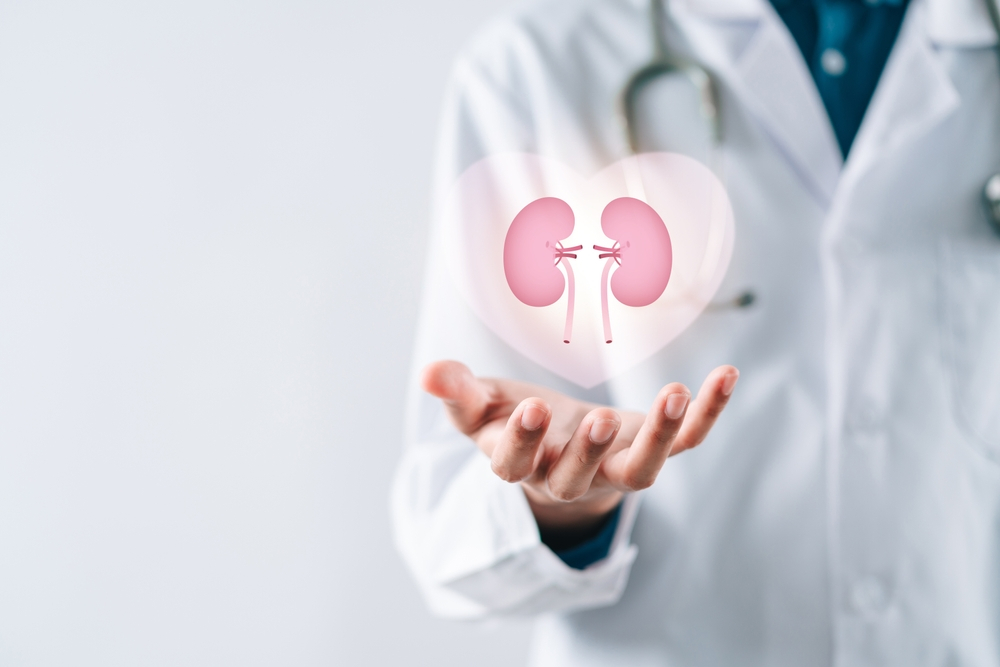If your kidneys have stopped functioning adequately, starting dialysis is an important next step. But the prospect of beginning this treatment can leave you with many questions and concerns. Let’s explore some frequently asked questions to help you get fully prepared:
What are the different types of dialysis?
There are two major forms – hemodialysis and peritoneal dialysis. Hemodialysis involves pumping blood through an external dialyzer machine to filter out wastes. This is typically done at a dialysis center thrice weekly.
Peritoneal dialysis uses the lining of your abdomen as the filter by infusing dialysate fluid through a surgically placed catheter. This form can often be done at home. The options will be explained to determine what suits you best.
How is dialysis access created?
A surgery must be done ahead of time to create vascular access that enables easy connection to the hemodialysis machine.
For hemodialysis, the main options are an AV fistula – surgical connection of an artery to a vein, usually in the forearm, or a graft – connecting a vein to a major vein with a synthetic tube. Peritoneal dialysis requires implanting a catheter into the abdominal cavity.
What can I expect during my first dialysis session?
Your nurse will describe the process, connect you to the machine through your vascular access site. Cleaning and anticoagulant solutions prep the system. You will feel the blood being drawn out and pumped through the dialyzer filter then back into your body. Most initial sessions last 3-4 hours. Let the nurse know immediately if you feel discomfort. Over time, you get accustomed to the routine.
What symptoms or complications may arise from dialysis?
Common temporary dialysis side effects include low blood pressure, cramps, headache, nausea etc. Watch for signs of infection around your access site and catheter if applicable. Long term, dialysis can lead to bone disease, anemia, electrolyte abnormalities, which will be monitored and managed. Stay hydrated before and after.
How do I prepare my diet and medications before starting dialysis?
A renal dietitian provides detailed dietary guidelines to modify intake of sodium, potassium, phosphorus and fluids to keep levels optimal. Your doctor adjusts medications like blood pressure pills ahead of starting dialysis. Keep taking all prescribed drugs unless advised otherwise.
What kind of impact will dialysis have on my lifestyle?
While dialysis is a major commitment, many patients continue working and enjoying life with adaptations. Adjust your schedule to accommodate sessions. Listen to your body and rest when needed. Check with your provider about diet, fluid intake, exercise, safe over-the-counter drugs and supplements. Communicate about intimacy, bathing, travel or any other concerns.
What financial assistance options are available?
Speak to our social worker to understand coverage provided by healthcare schemes, insurance and community resources. We’ll advise on public assistance programs, charities, medication discounts that reduce out-of-pocket costs. Our goal is making lifesaving dialysis accessible.
How can my family help with my dialysis needs?
Having loved ones learn about your treatment, remind you about medications, accompany you to sessions, and assist with transportation, nutrition and emotional support can be extremely helpful. Consider asking them to join some educational sessions.
Will I be able to get a kidney transplant after dialysis?
Yes, most patients on dialysis are placed on the deceased donor transplant waitlist. We’ll evaluate whether you are a candidate and can get on the list. Let us know if you have any potential living donors as that enables earlier transplantation.
Please feel free to reach out with any other questions you may have on getting ready for dialysis. A well-informed patient is an empowered patient. Our team will provide all the guidance needed for you to transition smoothly into this next phase of kidney care.



